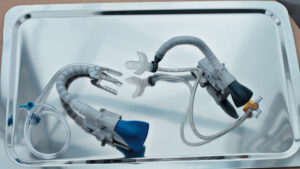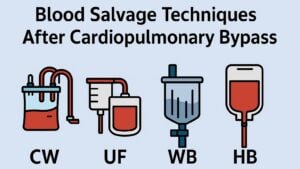On January 29, 2024, research unveiled at the 2024 Annual Meeting of The Society of Thoracic Surgeons in San Antonio, Texas, delved into the debated topic of using multi-arterial grafting (MAG) versus single arterial grafting (SAG) for coronary artery bypass grafting (CABG) in cases of multivessel coronary disease. The study, which analyzed data from 2008 to 2019 involving over a million patients who underwent isolated CABG with at least two bypass grafts, revealed that MAG CABG offers better long-term survival rates than SAG, thus recommending it as the optimal approach for multivessel revascularization.
“Previous smaller scale studies indicated a survival advantage with multi-arterial grafting. Our aim was to see if this advantage holds in a larger, national dataset,” stated Joseph Sabik III, MD, from University Hospitals, the study’s principal investigator. Utilizing data from the STS Adult Cardiac Surgery Database, the study confirmed the survival benefit of MAG on a large scale.
After a decade, MAG showed superior survival outcomes both before (HR 0.59, 95% CI 0.58-0.61) and after adjustments (HR 0.86, 95% CI 0.85-0.88) compared to SAG. Additionally, performing 10 or more MAG procedures annually was linked to enhanced survival rates.
The advantage of MAG over SAG was consistent across different patient groups, including those with stable coronary disease, acute coronary syndrome, and acute infarction. MAG was particularly beneficial for patients with a BMI under 40. In contrast, SAG showed better outcomes for extremely obese patients. Both techniques offered comparable survival for patients over 80 and those with serious comorbidities.
Data for this study came from the STS Adult Cardiac Surgery Database, augmented by the National Death Index for a thorough survival analysis, with risk adjustment done through various statistical methods for precise comparisons.
These results hold critical value for medical practitioners and cardiac surgeons in choosing the best strategy for multivessel revascularization.
“Except for the very elderly and those with severe comorbidities, MAG benefitted nearly all patient categories. The exception being the severely obese, who fared better with SAG,” noted Dr. Sabik.
This investigation not only enriches the dialogue around CABG techniques but also offers evidence-based recommendations for healthcare providers aiming to enhance CABG patient outcomes.
For further details, visit: https://www.sts.org/







